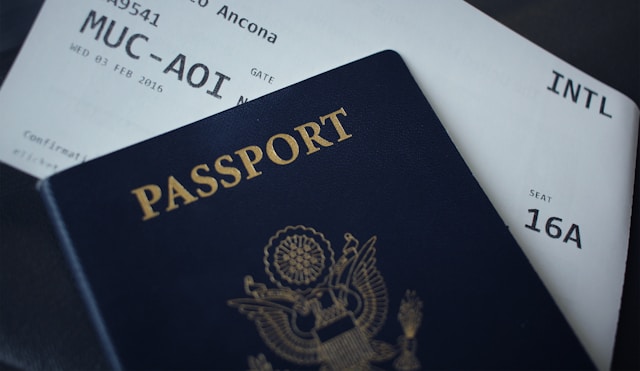FG Moves to Link Credit Scores to NIN: How It Affects Loans, Passports, and More
The Federal Government of Nigeria is taking a bold step to transform the country’s credit system by linking credit scores to citizens’ National Identification Numbers (NIN). This new policy could affect how Nigerians access essential services such as passports, driver’s licences, and rental housing, especially for those who default on loans.
What Does This Mean?
According to Uzoma Nwagba, Managing Director of the Nigeria Consumer Credit Corporation (CREDICORP), the goal is to build a centralised credit profile for every Nigerian. Once implemented, your financial behaviour—especially your ability to repay loans—could determine your eligibility for vital government and private services.
“If you want to renew your passport or driver’s licence, and it shows that you owe a loan, you may be denied access,” Nwagba warned during a press event at the State House.
Why the New Policy?
This move isn’t intended to punish Nigerians. Instead, the government wants to encourage responsible borrowing and reduce reckless loan defaults that have affected many lending institutions. By making credit behaviour visible, the system can build financial trust across sectors.
Financial institutions—such as banks, fintechs, and microfinance banks—will be mandated to report customers’ loan performance. This means whether you repay or default, it will be tracked and linked to your NIN for future reference.
YouthCred: Credit Support for Young Nigerians
As part of the financial reform, CREDICORP is also preparing to launch YouthCred, a new credit programme aimed at young Nigerians. The programme will begin with NYSC members and later expand to include all youth aged 18 to 35.
Olanike Kolawole, Executive Director of Operations at CREDICORP, described YouthCred as:
“A generational investment in financial confidence, trust, and economic inclusion.”
The programme is expected to reach over 400,000 youths in its first phase, providing access to loans for personal and professional growth.
Why This Matters for You
- Loan Defaulters: May be restricted from renewing passports or licences.
- Landlords and Employers: Could check your credit score before offering housing or jobs.
- Young Nigerians: Can access loans through YouthCred if they maintain good credit behaviour.
The Federal Government estimates that Nigeria needs over ₦183 trillion in credit to meet national development targets. A strong and trusted credit system is crucial to achieving that goal.
What Should You Do?
If you have active loans, make sure your repayments are timely. Check with your bank or lender if they report to credit bureaus. If you’re a youth or NYSC member, watch out for YouthCred registration announcements.
This new credit framework may change how financial access works in Nigeria—and early preparation could save you a lot of trouble down the line.
Conclusion
The decision to connect NIN with credit scores marks a new chapter for Nigeria’s financial sector. While the system promises fairness and growth, citizens must understand its implications and build healthy financial habits to stay in good standing.
Related Post: Healthy Habits Every Young Adult in Nigeria Should Adopt
Also Read: Latest News Updates from Nigeria

